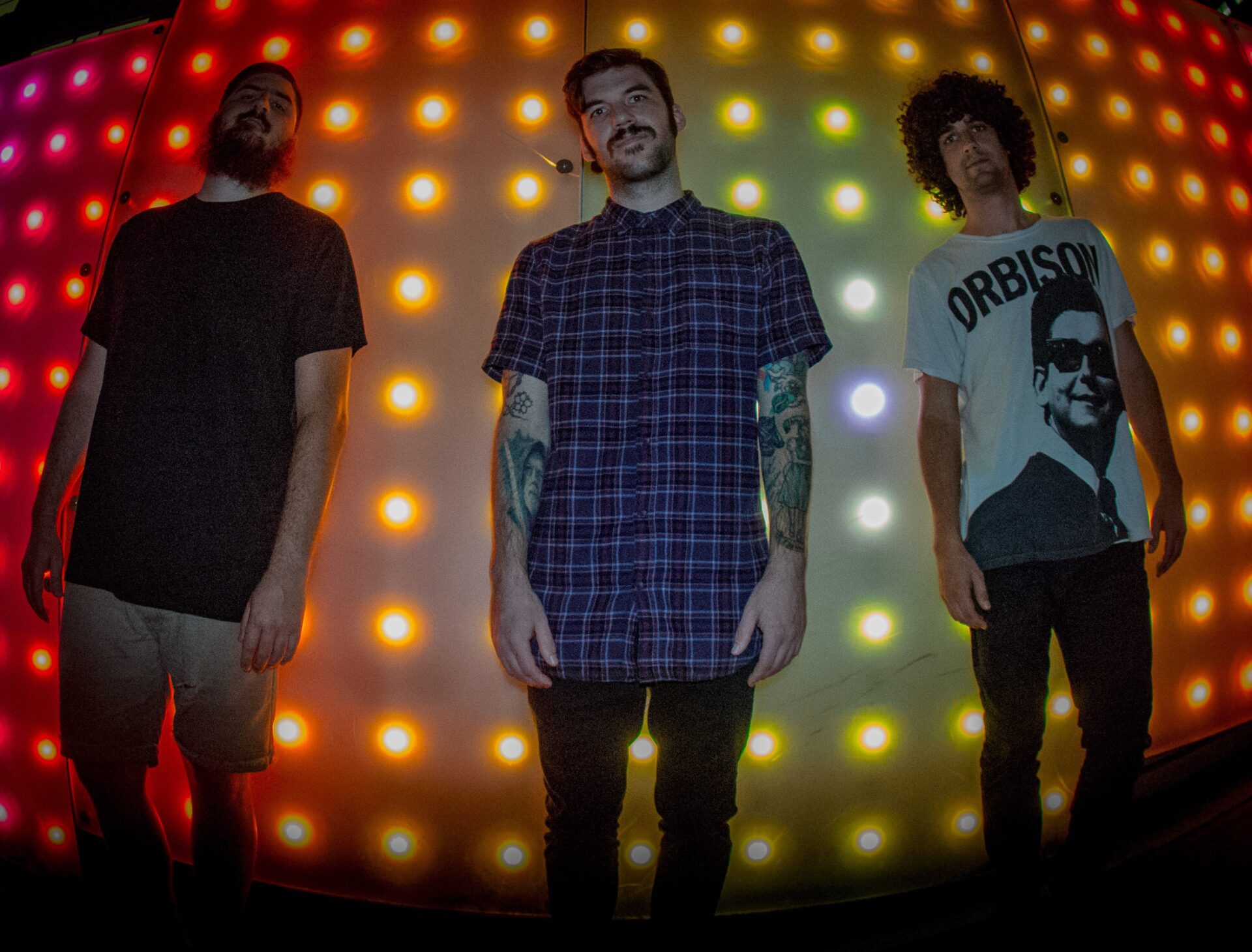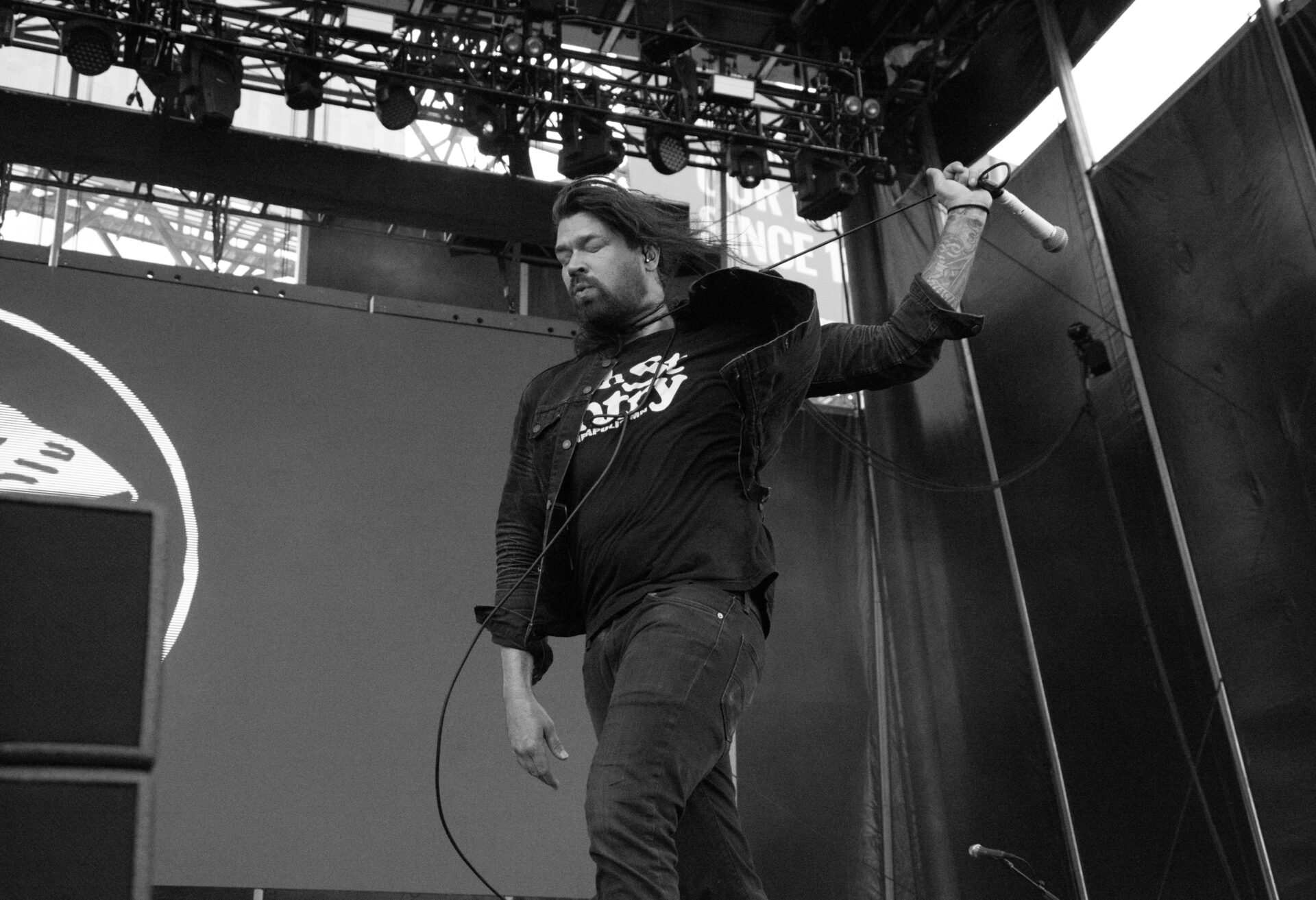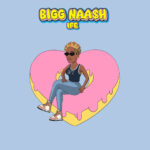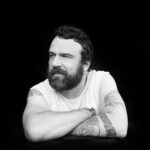Last Friday, Caroline Rose released Loner, a wonderful pop album with a whole lot to say. As I said in my review earlier this week, the album takes satire and combines it with music for a complete package that will make you want to dance and think. In the week leading up to Loner‘s release, I spoke with Rose on the phone. The Caroline Rose you hear on the album is the same Caroline Rose you talk to in real life, with a deep pool of knowledge, a smart sense of humor, and a driving passion in the subjects she speaks about.
Now that we are at the last week of album buildup, what is the feeling? Nervous, excited, or a little of both?
Caroline Rose: So far press has been super supportive, so I couldn’t be happier about that. I know at some point it’s going to not all be good. I think I’m ready for when that happens. For right now I’m just like so grateful for everyone being just so enthusiastic and supportive. I love it. It’s been a long second making this record. I’m just glad people are so far liking it.
I definitely get that, when I write and people like it. Like cool, but in the back of my head there’s always someone who says “this sucks.”
CR: Yeah of course, there’s always someone. Unless you’re the movie Get Out and you’re perfect in every way. Right now, I’m just kind of riding the wave and am excited to be working all the time. And I get to do something creative and fun literally everyday I’m working on something. I think that’s really cool. I love being the designer of my own aesthetic and direction. I can like creative direct everything. I love that role and I’m really happy about it.
Yeah, that’s the fun part of the music industry where you get to do fun creative stuff every day.
CR: I know right? Everything else is pretty much garbage.
The album is called Loner and that’s a theme that runs through a lot of it. So have you always been a loner and kind of introverted?
CR: Well, I think people sometimes confuse being a loner with being anti-social. And that’s definitely not the realm that I have ever lived in. I’ve always been a pretty social person, but preferred to be alone. And I don’t think that’s changed really. I do like being around people, but the title itself is more so poking fun at me and my personality and just kind of being a bit of a weirdo. And always feeling like I might not totally fitting in, but I’m ¾ of the way there and there’s just this one piece that is a bit odd. A lot of it is written when I felt disenfranchised or disillusioned. All of the “dis-” words. And kind of when I was piecing it all together, how can I best describe where I was at in this moment of my life. The picture describes how I was feeling as well. It was a funny poetic version of how I felt a bit like a mess. So I think we did a good job. I made that photo with my buddy Matt Hogan who is a really amazing photographer, and he gets me on many levels. I think we nailed it.
How many cigarettes was used on that cover?
CR: I don’t know exactly, I know it was two packs and however many I could fit in my mouth. I believe it was about two packs.
How long did you have to have those in your mouth for?
C: It was kinda tricky, because we shot that, long story short – we had actually done a very similar photoshoot a year before. And one of the outtakes from that, which was on an iPhone, was me struggling to shove all of these cigarettes in my face. That by far was the best photo and I posted that photo, and it resurfaced a year later when I was compiling the album art for this album. And everyone that was working on it was like, “Woah this is the photo, this is perfect”. And I was like “no, no, no I want to do this other thing.” And I actually thought the other thing was super cool too, but it wasn’t as apt as this photo. This photo just ended up being perfect, and they were like just use the iPhone, it doesn’t matter. So we ended up recreating the shoot, and I offered to use my old apartment since my friend lives there now and I’m sure we could borrow it for the shoot. So it was in an apartment that was no-smoking, so I could only light the cigarettes for moments at a time before I had to run outside to exhale the smoke, so it was kind of a tricky mess to get the photo and ensure the apartment wasn’t filled with smoke. Plus obviously, that would be really bad for my entire body.
During the writing of the album, your early 20s tend to be a very transformative period anyways even if you’re not dealing with societal garbage on top of it. So how did that influence your writing on this album?
C: I would say that the biggest influence on the album is trying to make something that I felt sounded like me… I wanted to really hone in on exactly what I wanted to say. I’m really glad I took the time to do it because I think it came out the way I wanted to. I use this story all the time because it’s kind of perfect. My photographer friend Matt, I remember he said that when he first heard my music, he was taken a bit back. And I was like “Why?” He said “your music sounds so much different from your personality,” and he was referring to my last album. And I was like I know, I know I’ve been working on that. That mentality was exactly was what I was trying to not do, again. I think that’s part of trying to figure out who you are as a person. There’s some growing pains involved in becoming the person and the artist that you want to be. Then your art will reflect that. I think it’s a combination of both. This is going to sound cheesy, but I wanted to find myself and find my voice. It took some time to do it, but I did. Now I feel really confident about who I am and my art, and I don’t think my future albums will take nearly as long to do because I know what I want to do now.
I know it can be really difficult with writing music in the way it works now. I know you did all the work with producing, but it still goes through all of these people and you really have to fight for it through the entire process.
C: Yeah and I’ll be a bit upfront about this because it’s been kind of misconstrued that I produced the album. Which really does a discredit to the people who worked on it, because they did a really amazing job and really helped me. Because I had a co-producer who did all the original sessions and tracked the music, his name is Paul Butler and his studio is in San Francisco. I wanted to work with somebody because I knew there were some voids in my abilities and I needed somebody to get some fresh ears on them and enhance them in a way. What I did, is I produced the tracks as much as I could on my own. Then what I needed to do is put them all together and voice them in a way that made sense. But one of the voids I had was that I wanted to expand my palate sonically. And I only had so much gear and I’m pretty savvy in Ableton so I would work in Ableton and produce out the tracks on the computer, but I wanted to translate that using actual gear. I just wanted to get in the studio with somebody who knew more about the gear I wanted to use and who could teach me it a bunch. That’s pretty much exactly what Paul did. We went up to this studio in Palenas, California called Panoramic Studios and it’s filled with old synths and drum machines and equipment. Paul and I hooked everything up, and just made a bunch of sounds. That was really the most helpful part of working with him, he just taught me a ton about recording and gear. Filling a space in my mind that I needed to feel more confident about, and it worked. Then from there, I kind of ended up finishing the production end of it as well. Just bridging some of the songs, they just didn’t quite gel together the way I wanted them to. The album was 85% of the way there, and I just kind of it wanted it to feel more so cohesive and I know the label I was working with at the time was hyper concerned about that. So I ended up tracking a bunch on my own rig from there, and got it sitting really good. And from there, the mixer, Andrew Sarlo, he did an incredible job. It was a really creative role that he took on in the mixing realm. He took all the sonic elements that we had tracked and just like took a carving knife to it and scooped out a bunch of space. Letting the album breathe in a really necessary way. He took a really creative role, and the album needed that. I definitely don’t want to discredit either of their work in this, and it really was a group effort in that way.
With the lyrical content of the album, obviously you’re talking about these serious issues that we’re grappling with, but you’re doing it in a lighthearted way. How do you find the balance of that? Ok this is serious, but giving it a bit of a softer edge.
C: I think satire is one of the most compelling ways of getting serious points across. I think the same can be done in pop music. Using pop melodies that can be danceable or make you nod your head or tap your feet. I think that can be really effective. That’s something I learned from my last album too, it spoke to me but it did not speak the way that I was trying to speak to. I think that was both a testament that I did not feel like a member of society and I was a huge recluse, how I refused to get rid of my flip phone and didn’t use social media. Over the last few years of my life, I realized that although it might give me anxiety issues it’s time to embrace modern society, it is ultimately a good thing. If you’re trying to say something or give something, you’re speaking to a brick wall or speaking to a group of people that you’re not necessarily attempting to direct your thoughts and theories to, it’s a little bit pointless. I think that if you look at comics like stand up comics or even late night hosts, their use of satire is brilliant. You’re talking about politics, something that can potentially ruin people’s lives. You’re doing it and getting people’s attention in a way that simultaneously makes you laugh and cringe in horror. What a crazy thing to be able to laugh at something that is absolutely deplorable. There are some things that no one should laugh at. Like a bunch of straight white guys making rape jokes is never going to fly with me. Because that demographic doesn’t match with the demographic they’re talking about. There’s a breakdown there in a lot of ways. But when you are the demographic that you are appealing to and you’re poking fun at it, then it’s ok. You get it. You can empathize with the feeling and those people because you’re making fun of it. You’re sort of poking fun at yourself. Satire in combination with pop music.
After listening to Loner, it’s clear Caroline Rose has indeed found her voice. In doing so, she’s created an album that says a lot and sounds damn good doing it. It might be a little too early to start thinking about the album Rose will release next, but rest assured we’ll be more than willing to hear what she has to say when it arrives.













